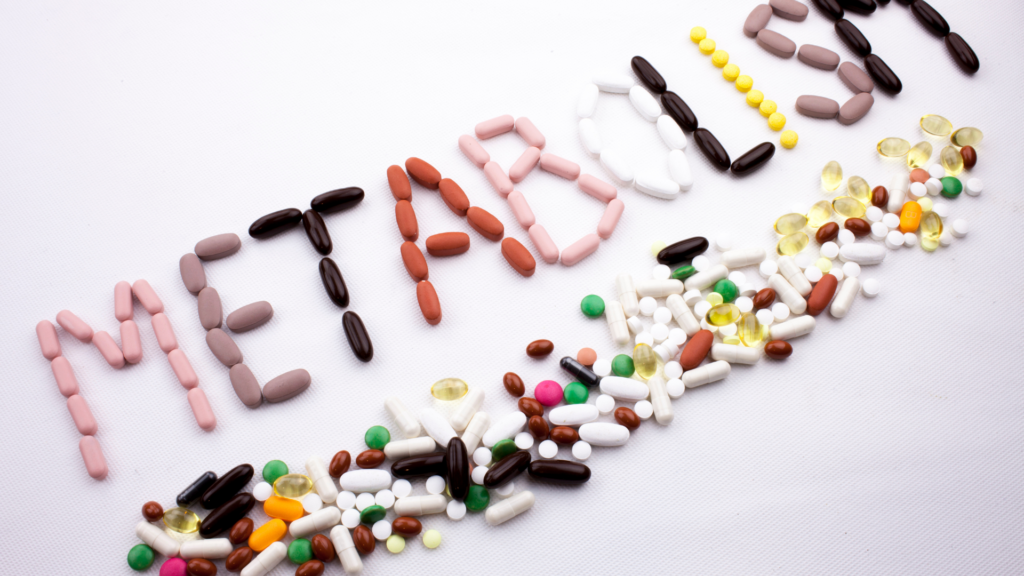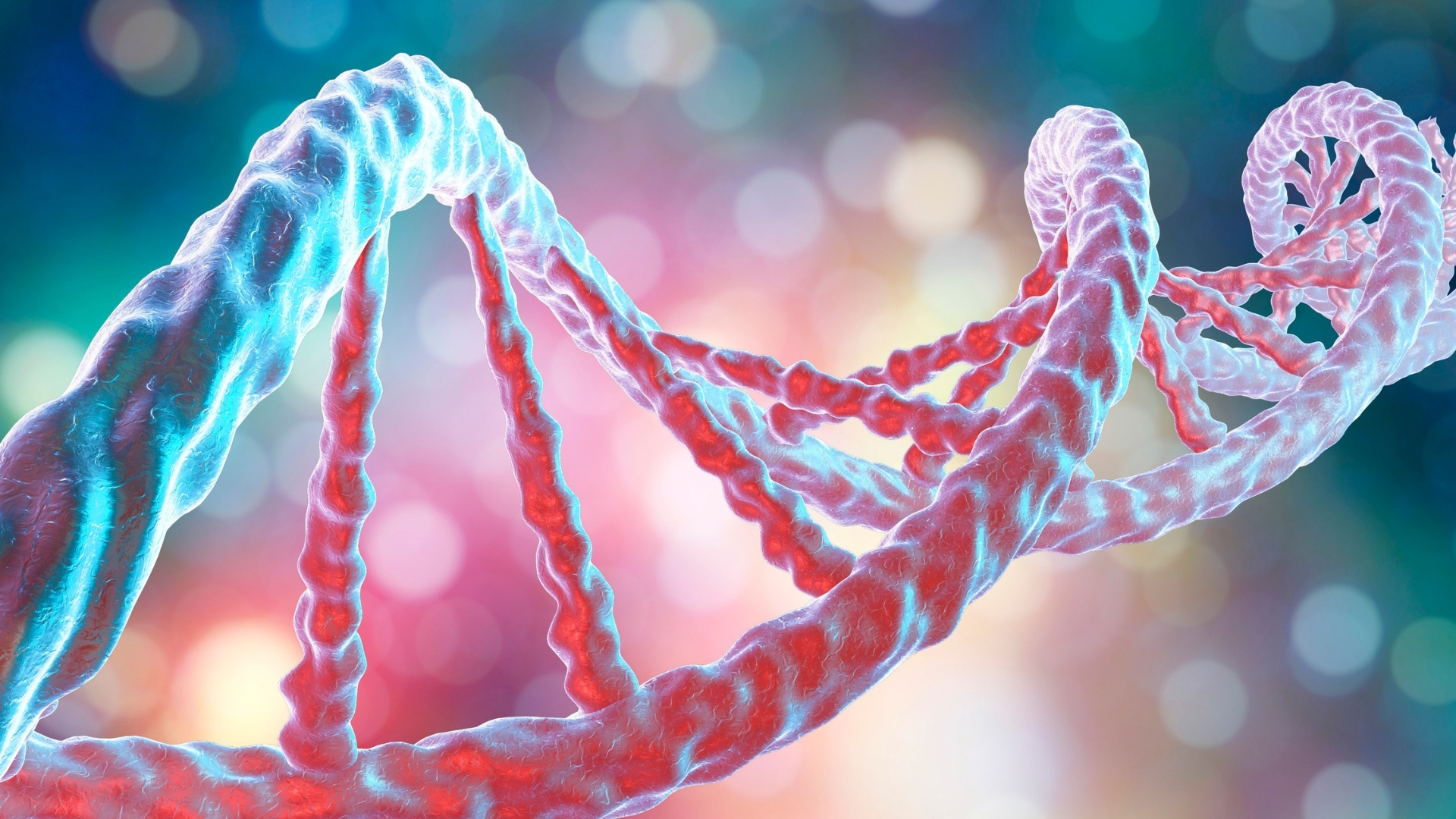Congenital metabolic diseases constitute a category of genetic disorders caused by the altered functioning of a specific metabolic pathway. Most people affected by these inherited diseases have a defective gene that causes enzyme deficiency. There are hundreds of different inherited metabolic diseases with widely varying symptoms, prognoses, and treatments. In most cases, in people with congenital metabolic diseases, the body produces in a non-functioning form or does not produce at all an enzyme responsible for controlling a particular metabolic step, and this causes something similar to the absence of a part in an assembly line that makes it difficult, or impossible, for the whole chain to function properly.
The production of an enzyme is encoded by genes in chromosomes. As is well known, our genetic makeup, contained in the nucleus of every cell in our body, contains the information necessary for the body to function. We inherit half the genetic heritage from our mother and half from our father. It can happen that a particular gene carries incorrect, "impaired" information, and this can happen because this defect is passed on from one of the parents, or is created during conception, embryonic development or during fetal development.

These metabolic transformation processes are essential for the production of essential substances and for the elimination of toxic compounds in the various organs as well as for the production of energy within cells and for the proper functioning of many other processes. So let us return to the example of a complex and well-organized assembly line. Raw materials, semi-finished products and waste materials are constantly being used, produced, transported and eliminated. For example, it depends on metabolism to transform carbohydrates, proteins, and fats in food to produce energy, to build tissues, or to transform excess nitrogen into waste products eliminated through urine.

Glycogenoses are a group of rare metabolic diseases (8 different types) that affect one in every 100,000 children born. They are caused by the deficiency or functional deficit of one of the enzymes involved in the metabolism of glycogen, which is a polymer consisting of numerous glucose (sugar) molecules attached to each other in a branched form. Glycogen represents an important and rapidly available source of energy (glucose) for our body, but when its accumulation and utilization is not properly controlled by enzymes, it can result in its excessive and dysregulated accumulation in tissues (mainly in the liver, muscles, kidney, and brain). Dysregulation of glycogen metabolism can then cause serious structural (enlarged liver, spleen, kidney) and metabolic changes that can lead to excessive muscle fatigue, hypoglycemic crises with the need to eat continuously, and kidney failure.



